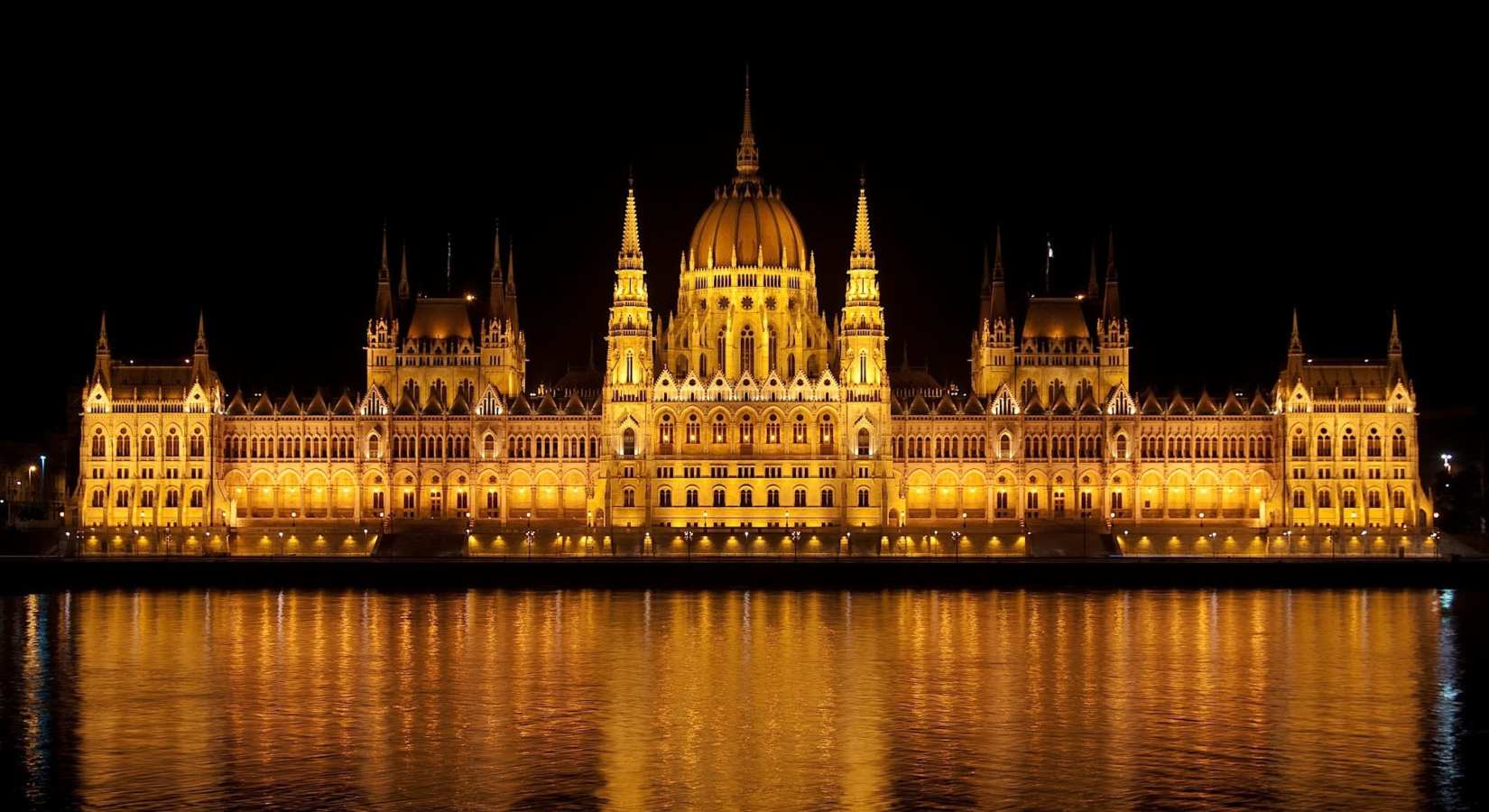EU stemmer for å fryse 11,5 milliarder euro i bistand til Ungarn på grunn av landets konservative og familievennlige politikk. Det skriver Lifesitenews.
EU fastholder at det er problemer med rettsstaten i Ungarn som må tas opp, innvendinger som oppsto etter langvarig kritikk av den pro-familien og anti-ulovlige migrasjonspolitikken som følges av Fidesz, Ungarns regjerende parti.
Lifesitenews skriver videre:
The European Commission voted last week to freeze 11.5 billion euros in aid to Hungary. This latest development in the EU’s struggle with the central European nation falls short of the expected invocation of Article Seven, a mechanism invented to allow member states whose policies disagree with the values of the EU to be sanctioned and deprived of their voting rights, against Viktor Orban’s government.
The EU maintains that there are issues with the rule of law in Hungary which must be addressed, objections which arose following long standing criticism of the pro-family and anti-illegal migration polices pursued by Fidesz, Hungary’s ruling party.
To resolve the deadlock, Prime Minister Viktor Orban has agreed to implement a list of 17 reforms designed to assuage the concerns of the EU. In a revealing interview given in Berlin, Orban gave a frank appraisal of the real dimension of this disagreement, which demonstrates how and why it has resulted in near deadlock. His perceptions foreshadow both the standoff with the EU as well as its causes and consequences.
It is not about reforms, he says, “it’s blackmail, pure and simple.”
The issue cannot realistically be resolved, as Orban contended in October that has nothing to do with the official objections the EU has lodged concerning legal reform in Hungary. It is rooted in policies such as the Hungarian Child Protection act, and the government’s action to prevent mass illegal immigration.
When asked whether he had been privately approached with the suggestion that he drop his party’s policies on NGOs, immigration, and child protection, Orban replied it was an open secret that these were the real reasons for the EU’s treatment of Hungary,
“This is a purely political question…This is done quite openly. The EU has never left us in any doubt: if we behaved like the others, we wouldn’t have problems with EU funds.”
Orban explained that the governing parties in Hungary – and in Poland – are political outsiders in the EU, where there are “…three large, closely cooperating party families: the Socialists, the People’s Party and the Liberals. The main governing parties in Hungary and Poland don’t belong to any of these three-party families, which are therefore given a free hand to take punitive measures against Hungary and Poland.”
He concluded that since Hungary and Poland present rivalling political programmes they are being punished and blackmailed with EU money, for which there is no legal basis at all. The EU, of course, maintains that the suspension of funding to Hungary is because of its (alleged) undermining of the rule of law, bringing a grand irony to these proceedings. How then can things proceed like this?




